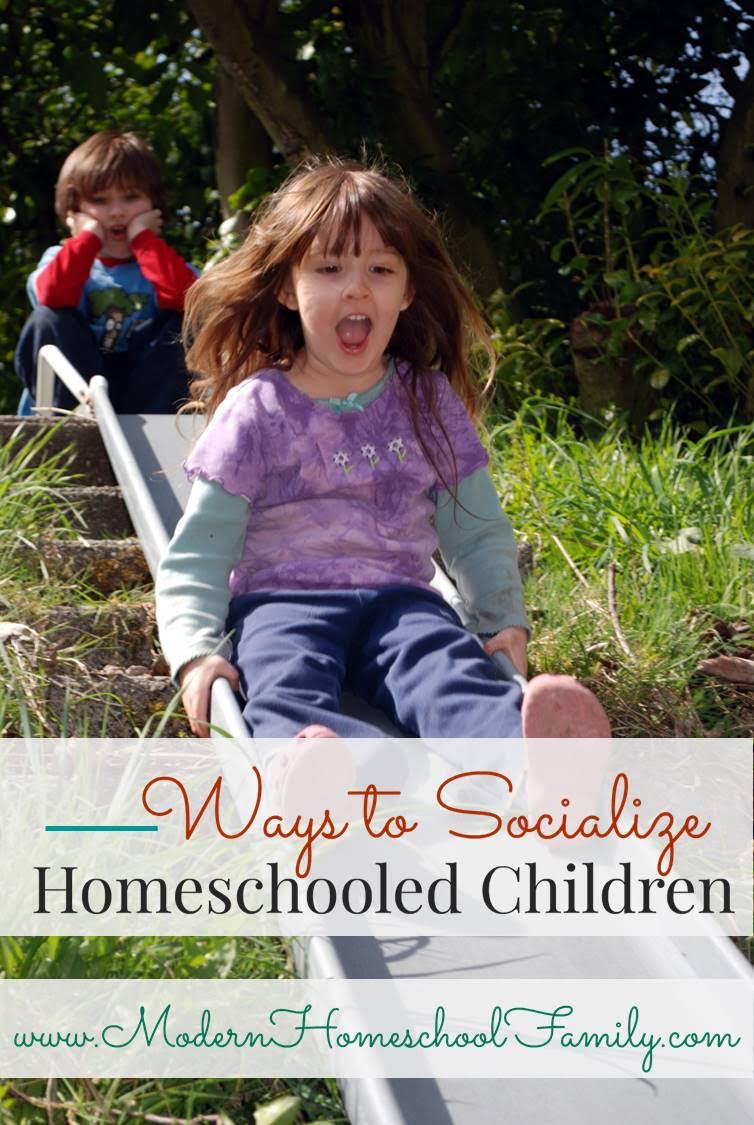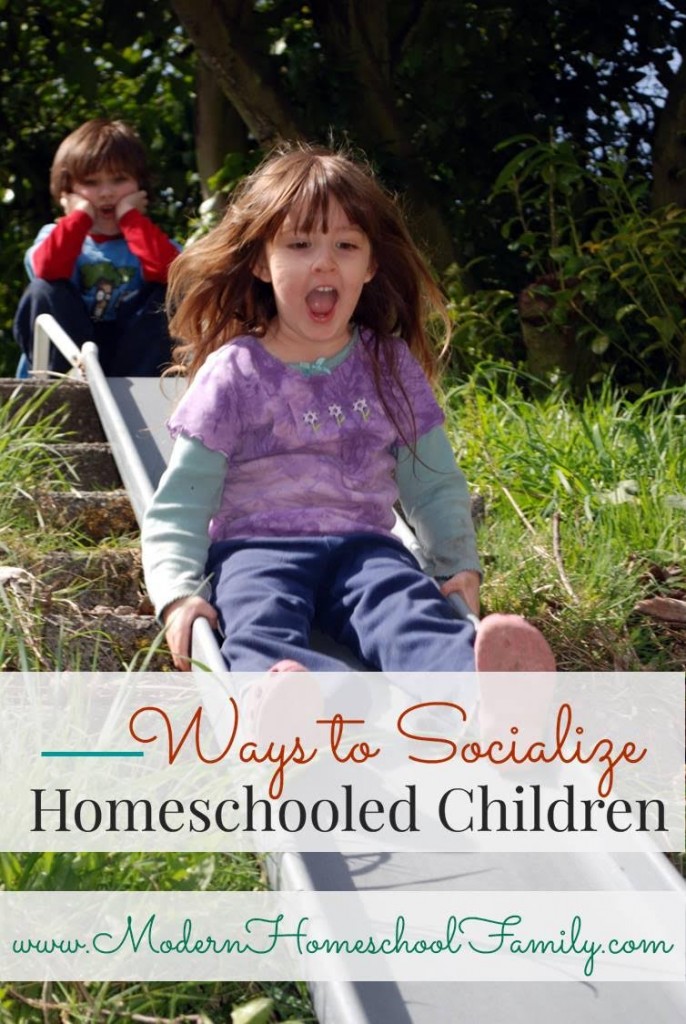As a homeschool family, you may find that it is sometimes challenging to provide social experiences for your child that is important for their development. Here are a few ways to socialize your homeschooled children.
Local Recreation Department
Check your local recreation department to find out what sports teams, dance groups, etc. they offer that your child may be interested in. Often the sign up fees are fairly minimal and not only will your child get some much needed socialization, they will also have weekly activities that are often physical and may find a sport that they excel at.
A lot of areas have town sponsored sports, dance classes, karate, art classes, and more through their community center or recreation department. These can offer great opportunities for socialization for your child.
School Sports and Extracurricular Groups
It isn’t commonly known, but most states allow homeschooled children to participate in the public school sports teams, band, choir, and other of their extracurricular groups. Check with your local school administration to find out if that is the case in your state. You may have to prove that your child is up to par on their education for their grade, but this is one way to have your child interact with other students on a school level without having to be full time public school students.
Church Groups
If you are a religious family, seek out socializing experience through your church. Most churches have youth and children’s Sunday School classes that your children can attend. Also, make sure you are signed up to receive the church bulletin or newsletter. There may be activities outside of regular Sunday services such as socials, Bible studies or Vacation Bible Schools that your child will enjoy.
Local Homeschool Groups
Ask around to find out if there is a local homeschool group in your area. Locals on Facebook, the local newspaper office, or the library are just a few places where you could possibly get information. Many areas have local homeschool groups that meet together frequently for the children to have group interaction. You may even find a group that swaps teaching times so that your child can experience being taught by an adult outside of your home.
Neighborhood Play Groups
Ask around to see if your neighborhood or town has a play group. If not, create one yourself! You can post on your social media accounts or just let your social circles know that you are forming a group. Set a specific weekday and time to meet each week. If you create a Facebook group page you can easily communicate with everyone about where you’ll meet each week and other upcoming outings you would like to do.
Child Care Swapping
Find other families in your area that you trust that have like-minded parenting skills and similar aged children to yours. Offer to swap out child care occasionally. For example, they could drop their children off at your home every other Friday for their date night and you could do the same on the alternate Fridays. Or just swap child care with a trustworthy stay-at-home mom friend during the day so you each can run errands without children coming along.
Not only will this help you to have more child-free time to date your spouse or have a couple hours of productivity, but your child will also be able to form friendships with other children their age and learn important social skills.
Stay Busy
As a homeschooling parent, one responsibility that you take on is making sure your child learns how to interact in group and public settings. It would be easy to stay home all day everyday as a homeschooler, but it deprives children of important learning opportunities.
Look for local museums, parks and other places to regularly take your child to. Plan once a month field trips that are part of your teaching lessons for that month. Whether you are meeting with a group of other parents and children or not, just the exposure to the public and situations outside of your home will provide teaching tools for your child to learn how to interact with the outside world.



